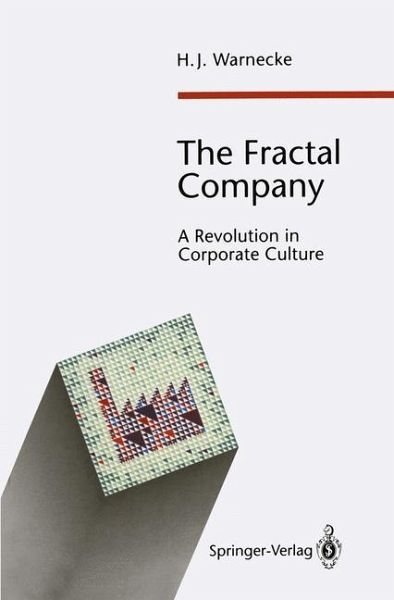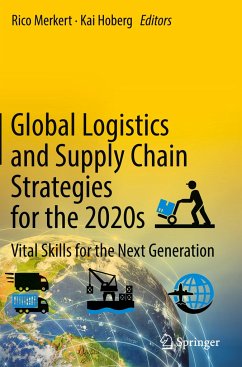
The Fractal Company
A Revolution in Corporate Culture
Mitarbeit: Hüser, M.; Übersetzung: Claypole, M.

PAYBACK Punkte
19 °P sammeln!
The author describes the predicament of an industry which is coming under increasing pressure in the world market and is seeking new approaches to the challenges arising. Then, by drawing an analogy to the paradigm shift taking place in the natural sciences, he discerns the need for product engineering to similarly cast aside existing deterministic philosophies. Self-similarity, self-organization and dynamics are the principles from which the manufacturing corporation of the future, perceiving its identity as a service enterprise, will draw its models. Constant structural development and the m...
The author describes the predicament of an industry which is coming under increasing pressure in the world market and is seeking new approaches to the challenges arising. Then, by drawing an analogy to the paradigm shift taking place in the natural sciences, he discerns the need for product engineering to similarly cast aside existing deterministic philosophies. Self-similarity, self-organization and dynamics are the principles from which the manufacturing corporation of the future, perceiving its identity as a service enterprise, will draw its models. Constant structural development and the maximum exploitation of staff potential will provide new ways of utilizing one's own strengths to best advantage. This insight creates a long-term perspective for retaining competitiveness in the twenty-first century.














